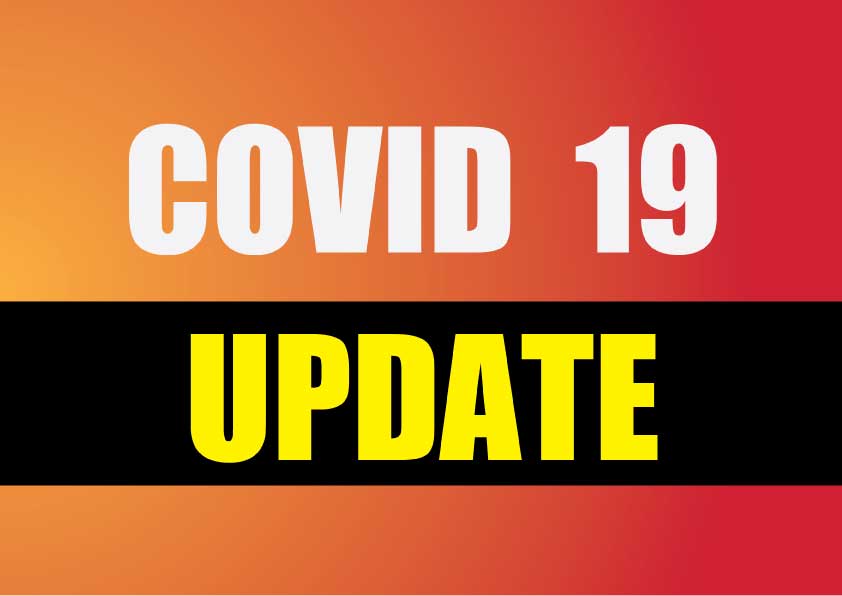Toilet paper and cruise ships aside, coronavirus is now affecting ordinary businesses in the Hunter with reported cases of the illness on our doorstep. So what do you need to know? Below is a summary of the key considerations for you and your business.
Quarantine
- Businesses can force employees to self quarantine if they have recently travelled (including transit) to the following overseas destinations:
- Mainland China (excluding Macau and Taiwan)
ii. Iran
iii. South Korea
iv. Italy
- In addition, employees must self quarantine if they have been in close contact with a confirmed case of the virus.
- Employees must self quarantine if they have symptoms similar to the flu, including fever, cough, sore throat, tiredness or shortness of breath.
Leave
- Ideally, employees who have to self-quarantine will be able to work from home.
- Full and part-time employees who can’t come to work because they are sick with the virus can take paid sick leave. Many of our clients are also allowing employees to utilise their paid sick leave if they are forced to quarantine. That is a decision for your business to make. Employees who do not have paid leave available to them may not disclose their exact travel arrangements, which could leave the remainder of the business vulnerable if that person decides not to self quarantine.
- Employees who must self-quarantine and who the business reasonably considers cannot work from home can utilise their sick leave, unpaid or paid leave entitlements.
- If an employee needs to look after a family member or member of the employee’s household who is sick with coronavirus, or suffering an unexpected emergency, they are entitled to take paid carer’s leave.
- Casual employees are entitled to 2 days of unpaid carer’s leave per occasion.
- Full and part-time employees can take unpaid carer’s leave if they have no paid sick or carer’s leave left.
- An employee must give their employer evidence of the illness or unexpected emergency if their employer asks for it.
Holidays
- What if the business has an employee who has a holiday booked to Japan shortly – as a business, what do you do? Many of our clients are putting parameters around their coronavirus policies which specify that if these employees choose to travel on or after a particular date (i.e. now) for leisure, then they do this at their own risk and if they have to self quarantine, that is at their own risk.
In these circumstances, they cannot use their sick leave, unless they actually get the virus. However, they can utilise annual leave, long service leave or unpaid leave.
Policy
- Whatever decisions your business makes regarding the coronavirus, it should be clearly documented in a policy so that employees know exactly what to expect.
- Policies should be regularly updated by employers after reference to:
Osborn Law
It is business as usual at Osborn Law and you will continue to receive our full service. We are abiding by the above recommendations with our own team and should the need arise, we have ensured our software in place at OL allows us to all work remotely, with many of us already working from home on a weekly basis as part of our flexible working arrangements.
If you have any questions regarding any of the information above or would like to discuss anything further please don’t hesitate to contact our team on (02) 4927 2900.
